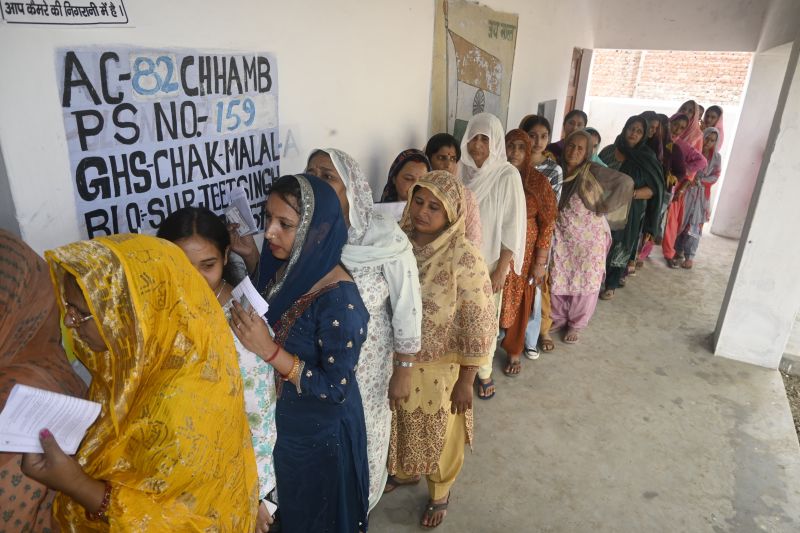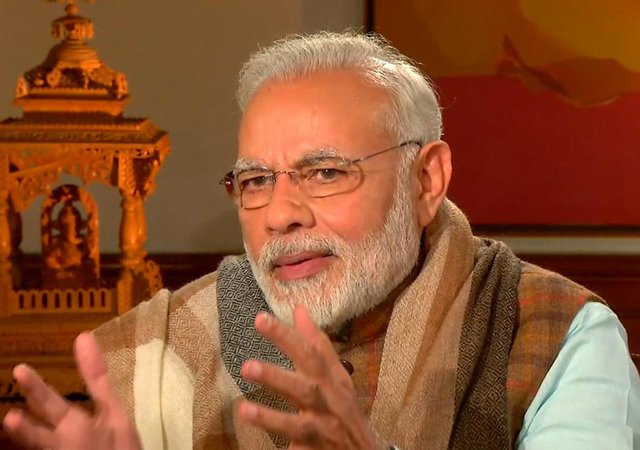By: Harsh Mander
As the grim threat of lynching casts a terrifying shadow over large swathes of the country, directions from India’s Supreme Court to all governments to take steps to prevent what it described as “horrendous acts of mobocracy” can only be welcomed.
The court has asked Parliament to consider passing a special law on lynching. This, it maintains, is essential to protect citizens and ensure that the “pluralistic social fabric” of the country holds against mob violence. I worry, though, if this ruling will have any influence on actually stemming the hate violence sweeping through our land. A new law will work if gaps in existing law are what prevent state administrations from acting decisively and fairly against lynch mobs.
It is true that lynching is not officially a crime in India. (It is interesting that I have not been able to find a word for lynching in most Indian languages, except Bengali — gonodholai). But, in fact, if state administrations choose to clamp down, the Indian Penal Code already punishes all the criminalities perpetrated by lynch mobs. Section 223(a) of the Code of Criminal Procedure also enables a group of people involved in the same offence to be tried together.
What the Supreme Court judgment does not squarely address is that lynching is not just “mobocracy”; it is collective hate crime. Lynching may be sparked variously by disputes over allegations of cow smuggling or slaughter, or wild rumours of cattle theft or child kidnapping, or something even as trivial as a seat in an unreserved train compartment. Whatever the ostensible trigger, murderous mobs gather to lynch people of hated identities with gratuitous cruelty.
What is significant, also, is who the principal targets of these mob attacks are. IndiaSpend found that 86 per cent of persons killed in cow-related lynching were Muslim, and 8 per cent Dalit. The recent spate of mob killings on rumours of child kidnapping target strangers and mentally challenged persons.
What the judgment also fails to acknowledge is that these hate crimes flourish most of all because of the enabling climate for hate speech and violence which is fostered and legitimised from above, which frees people to act out their prejudices; and the impunity assured by state administrations to the perpetrators. The political response to these attacks tends to follow a set pattern. Through all of this, the prime minister does not express any spontaneous anguish or outrage about hate attacks, except for brief and very occasional general statements. Senior ministers and elected representatives frequently come out in open defence of the attackers, charging the victims with provoking the attacks. The messaging is unambiguous: Not the lynch mob, but the victim, and the community to which he belongs, are guilty. The main Opposition parties, especially the Congress, are timid and equivocal in their response, especially when the victims are Muslim, as though they are afraid to be counted as standing with the targets of hate attacks, in abject fear of a majoritarian Hindu backlash. It is only the left parties that sometimes reach out in solidarity with the victims.
One Union minister wraps the body of a man charged with lynching who died in prison in a national flag, an honour otherwise reserved for soldiers who die defending the country’s borders. Another visits persons arrested for lynching in prison and weeps for their suffering. A third provides legal aid to persons convicted for lynching, and garlands them when they are released from jail. It is important to recognise that in every single case in which ministers and senior leaders of the BJP honour and valourise lynch mob killers, the victims are always Muslim.
I therefore regard the current phenomenon of lynching to be what I describe to be “command hate crime”. By this I underline, first, that these are hate crimes, not ordinary mob violence, as these mostly target identified minority communities and disadvantaged castes. And second, that these crimes are tacitly or openly encouraged by senior leaders of the political establishment.
The Supreme Court does not also dwell deeply on the role of the police in cases of lynching. In the monthly journeys of the Karwan e Mohabbat across 12 states, we have found a recurring pattern in police action. If present, even as the slaughter of innocents unfolds, they don’t act, pleading later that they were outnumbered. In most cases, they come in too late to save lives, and very often they register crimes against the victims, and drag their feet to charge and arrest the attackers. The members of the lynch mob in most incidents of lynching video-tape the act, and upload the video-tapes. To record one’s crimes and display these on the social media reflects a brazen confidence that you will not be punished for your crime, and even if you are nabbed, you will be a hero for the ruling establishment. After the lynching, police often tries to record the incident as a crime of cow smuggling, animal cruelty, rash driving and road rage. In its investigations, the police never cordons off the site of the lynch attacks: Even hours after the crime, people walk over the ground still splattered with blood or burned flesh. This is not shoddy investigation. It is deliberate (and criminal) destruction of evidence which could have been used against the killers.
This is not all. The police in almost every case, instead, registers crimes against the victims. Those who are killed are dubbed as cow thieves or cow smugglers, and those who are injured and survive have a battery of crimes registered against them. State home ministers, sometimes chief ministers, and senior police officials publicly denounce not the members of the lynch mobs but the victims and survivors.
For people in political authority, uniform and magistrates to take sides in hate battles is a profound crime against humanity. Yet this still is recognised at best as a moral failure, not a punishable crime. It there is any new law we need to prevent the spread like an epidemic of this new scourge of targeted hate crime, of lynch mobs, it requires only one law, and this is the creation of a crime of dereliction of duty and communal partisanship by public officials.
But no law — already on the statute books or a new statute — will in itself ensure an end to this malign mass affliction of hate lynching, which if unchecked can tear us apart as a people. The challenge, I am convinced, ultimately, is not of law, but of our collective morality and our collective humanity.
Courtesy Indian Express





